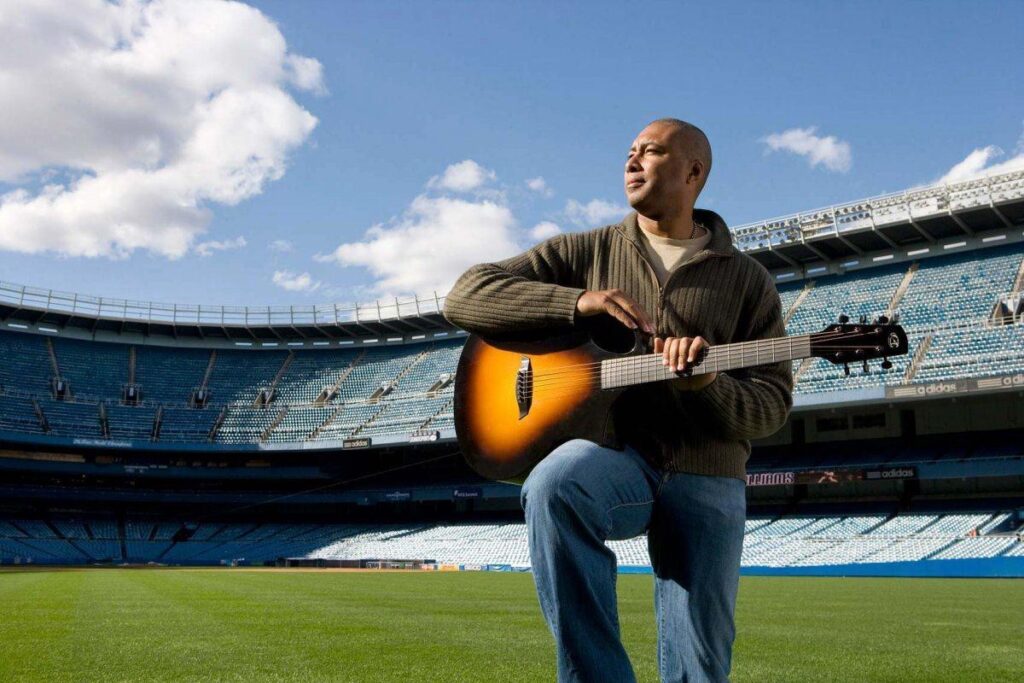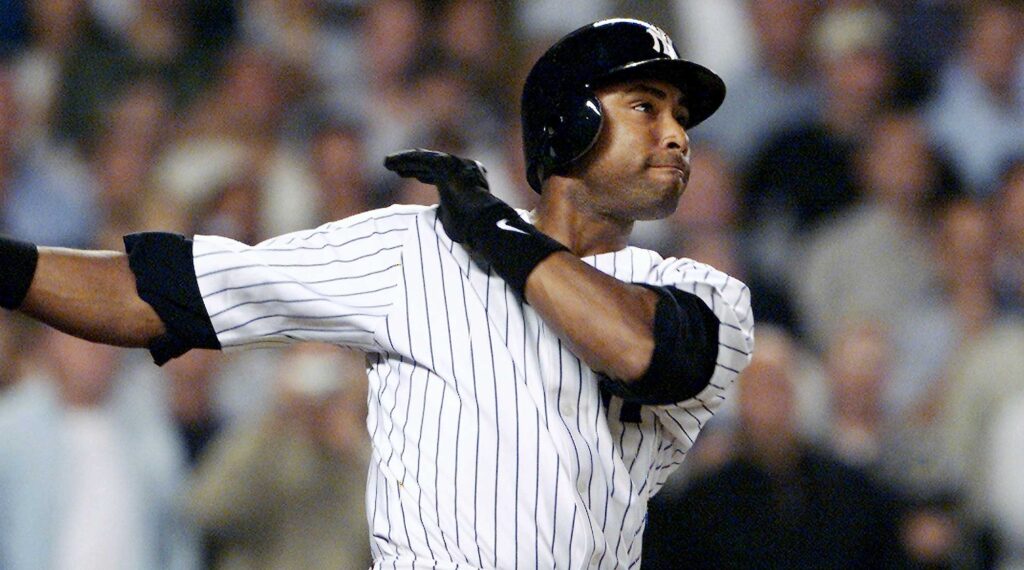By Paulo Camacho

Legendary New York Yankees center fielder Bernie Williams graduated from the Manhattan School of Music last month — an unexpected accomplishment from an athlete that had a love for the guitar.
Not many of us have the opportunity, let alone the talent and drive, to make out a successful life for ourselves in more than one discipline. For most of us, we dedicate ourselves to the one craft we have chosen for much of our adult lives. Few occupations allow people to be highly successful, and still be young and driven enough to retire and find success in another field.
Professional sports, inherently speaking, is one such occupation. After all, not many jobs have such a narrow window of opportunity — while most professional athletes begin their careers in their late teens and early 20s, only the most successful will see their tenure last longer than a decade. Between professional baseball, basketball, NFL football and hockey, the average length of a professional career doesn’t even crack six years.
With that in mind, it would be safe to say that it is rare to see a wildly successful professional athlete — one who had dedicated decades to their craft and win the highest of honors for it — to dedicate as much time and energy to another craft. One, it would seem, so intrinsically dissimilar, in terms of its methods for mastery.
And, yet, that is what we had, so recently, with former professional baseball center fielder Bernie Williams.
Born Bernabé Williams Figueroa Jr. in San Juan, Puerto Rico in 1968, Williams played for the famed New York Yankees dynasty of the 1990s. He played in Yankee pinstripes for his entire 16-year career — a rare feat for Major League Baseball players of his stature — and, partly because of his stellar play, won a number of awards.
He was a four-time All-Star, a four-time Gold Glove winner, won the American League batting title in 1998, and won the Silver Slugger Award in 2002. He was also a big part of four World Series titles with the Yankees. While his professional career didn’t officially end until 2015, he played his last game in Major League Baseball game on October 1, 2006. For his stellar career, the Yankees honored him with a plaque at their famed Monument Park — one of only 37 — and by retiring his number 51.
And yet, despite his monumental success in the sport of baseball, it didn’t stop Williams from pursuing another passion in his life: musical performance. He was a talented jazz guitarist, and even released an album during his playing career (The Journey Within, in 2003), which went to No. 157 in the US music charts, and No. 3 in the US jazz charts.
He released a second album in 2009, after his retirement from baseball, which went to No. 178 in the US music charts, and No. 2 in the US jazz charts.
But two successful LPs wasn’t enough for Williams. His dedication to the medium of music compelled him to take it a step further:
I think to be successful, you need to have a combination of what the public perception is of you and what your peers’ perception is of you. And I think that being able to do something and just kind of rubbing elbows with master musicians, to me, that is part of going in the right path of being successful. I think anybody could go out there and play some chords and be very passionate about it and break some guitars, put them on fire, whatever, to get the people’s attention. And that could be a certain part of success. But I think to me, it’s just trying to be the best musician that I can and having the respect of the music industry and the people that are really playing.
Coupled with the values instilled to him by his mother — an educator of 40 years in his native Puerto Rico — about the importance of academics, it was these raw motivations that brought him back to school. Music school, that is.
More specifically, the Manhattan School of Music — an institution a mere hour from his home in White Plains. After passing an audition to enroll into the school, Williams spent four days a week, for four school years, going to four or five classes per semester.
By many accounts, it wasn’t even a distraction for the school, itself — to pretty much everyone at the school, Williams was simply a 47-year-old with a passion for guitar that was going for a long-awaited bachelor’s degree. The music institute housed a diverse population, full of international students who did not follow baseball, so Williams was able to go about his business with little, if any, fanfare.

If you asked his classmates — or even the school president — of Bernie Williams’ baseball accomplishments (including his four World Series rings) while he attended MSM, they probably would have given you a blank stare.
Even MSM President James Gandre — who had lived in New York during Williams’ playing career — had no knowledge of his past life as one of the most revered Yankees of the late 20th century. It spoke to his humility as a student, and as a person, that his career at MSM was as low-key as it was. Said Gandre:
I was so floored by him. He’s so unpretentious for someone who has achieved as much as you’re going to achieve in the field that he is famous for thus far.
All of these things — his passion for music; his drive and dedication to his studies; and his general humility — led to his ultimate goal: his bachelor’s degree in music, which he officially earned in mid-May. So, what does he hope to do with his newfound credentials?
I think the whole college experience … prepares me to do whatever I decide to do in this world. It gives me access to different things that I may not have access to before. And it gives me a certain amount of credibility in the industry that I might have not had.
As a baseball fan who can appreciate both music and sports, I can only hope that those opportunities will be as plentiful as the ones he received while in the Major Leagues.